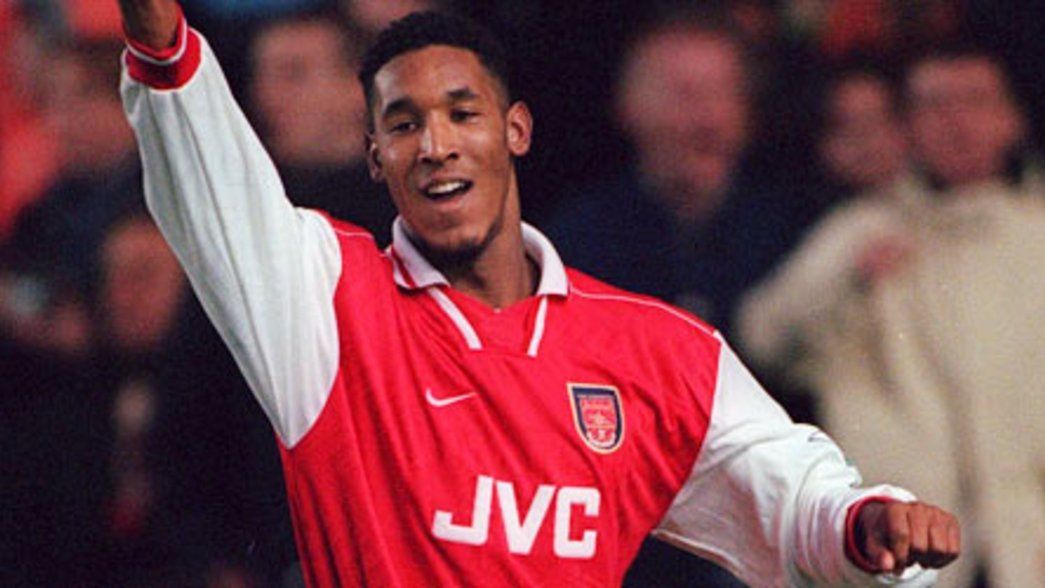Nicolas Anelka's arrival at Highbury set the precedent for Arsène Wenger's signings of the future.
Young, breathtakingly talented and above all, athletic, prising 17-year old Anelka away from Paris St Germain was seen as a major transfer coup. Those in the know believed greatness was simply a matter of time for the striker.
In the early days there were glimpses of brilliance from the coltish Frenchman, but they were all too sparing as he appeared to lack the maturity for first-team responsibility.
With Ian Wright entering the twilight years of his career it was an injury to the aging Englishman after Christmas 1997 that necessitated a run in the side for the Gallic protégé. Anelka was ready, and he delivered. Answering the of his manager, and that of the fans, he fired the Gunners to their first League and FA Cup 'Double' in almost 30 years.
He had set high standards, but would Anelka be consumed, like even the greatest foreign imports have been, by second-season syndrome? Not a chance.
The youngster made a mockery of the world's costliest defender, Jaap Stam, in the 1998 Charity Shield with a typical foot-to-the floor breakaway goal. As the months progressed so too did Anelka's game. His blistering pace was now accompanied by a burgeoning power that made him, at times, completely unplayable.
By this point Europe's elite were taking notice and, when Anelka plundered a brace in an international friendly against England, the clamour for his services intensified.
Arsenal ended the 1998/99 campaign empty-handed but Anelka was named PFA Young Player of the Year. It was just desserts, but strangely the Gunners man remained disillusioned with life in London.
A brief sojourn at Real Madrid was followed by a return to PSG, before spells back in England with Liverpool, Manchester City, Bolton, Chelsea and West Bromwich Albion sandwiched stints at Fenerbache, Shanghai Shenhua and Juventus. Now with Mumbai City, journeyman Anelka admitted he should never have left Arsenal - leaving everyone wondering what might have been.











